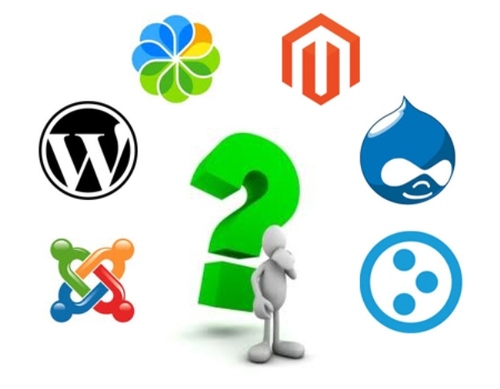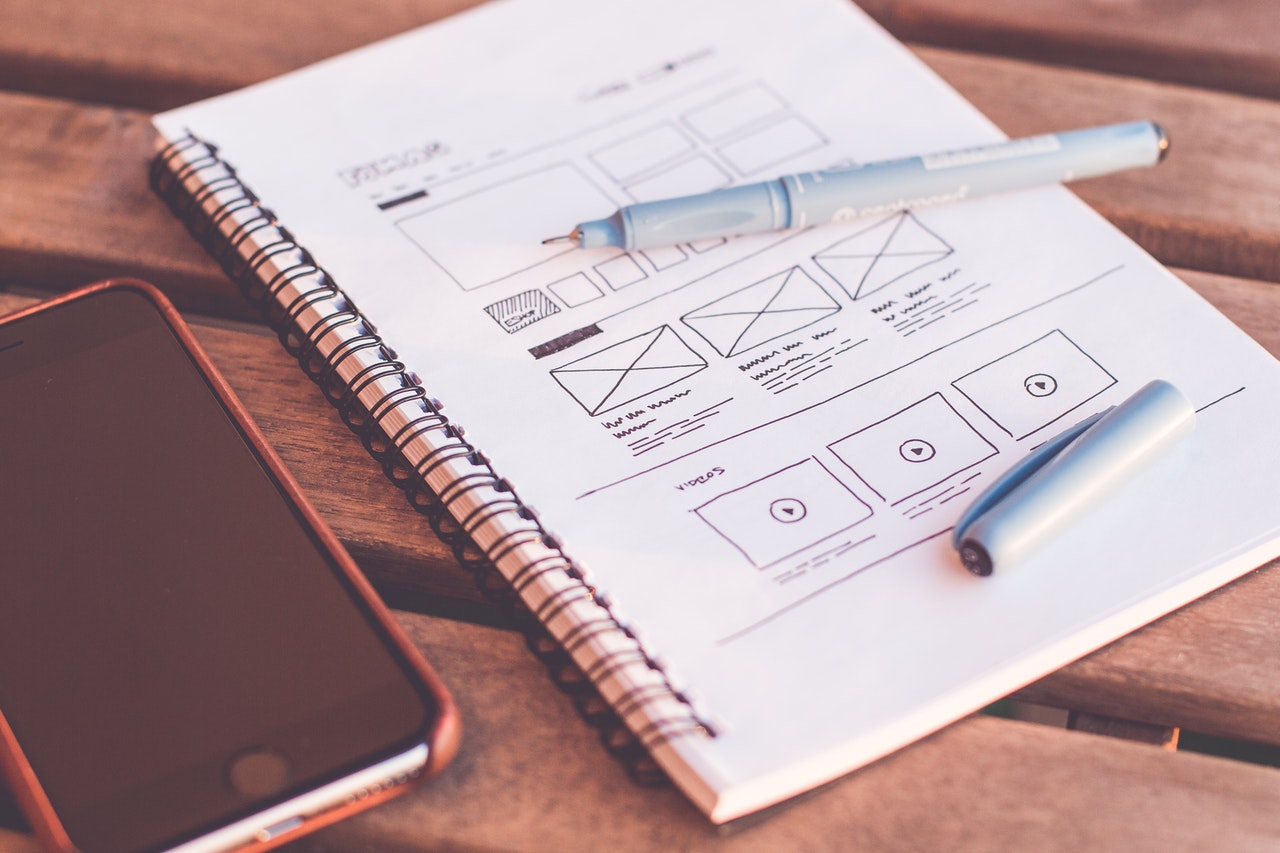When should you use a CMS?
If you are working with a blog or a photo gallery, you definitely need a CMS. Another special case is when a website must be constantly updated, such as a newspaper, a news website or a magazine.
One of the advantages of a CMS is that it offers excellent editorial control over the content published on the website, and better management of user resources for the page.
When you shouldn't use a CMS and program your site by hand?
Manual design in HTML and CSS of web pages should be considered as an option for static websites with few pages that are rarely updated, as is often the case with websites of small corporate companies or with little information.
When you decide to write extensive code for your website, you can pay attention to every detail, since you are no longer restricted by platform-specific limitations, you can design and manufacture the individual components of the website manually.
Another point to consider should be security. Most CMSs continually offer new updates or patches on a regular basis, however, on a general level, a CMS invites hackers more than a hard-coded web page since it is easier to access through the content manager panel.
Before deciding whether or not to use a CMS on your website, answer the following questions: What use am I going to give to my website? Am I going to update it periodically? And if the answer is yes, ask yourself, do I know anything about basic HTML?







